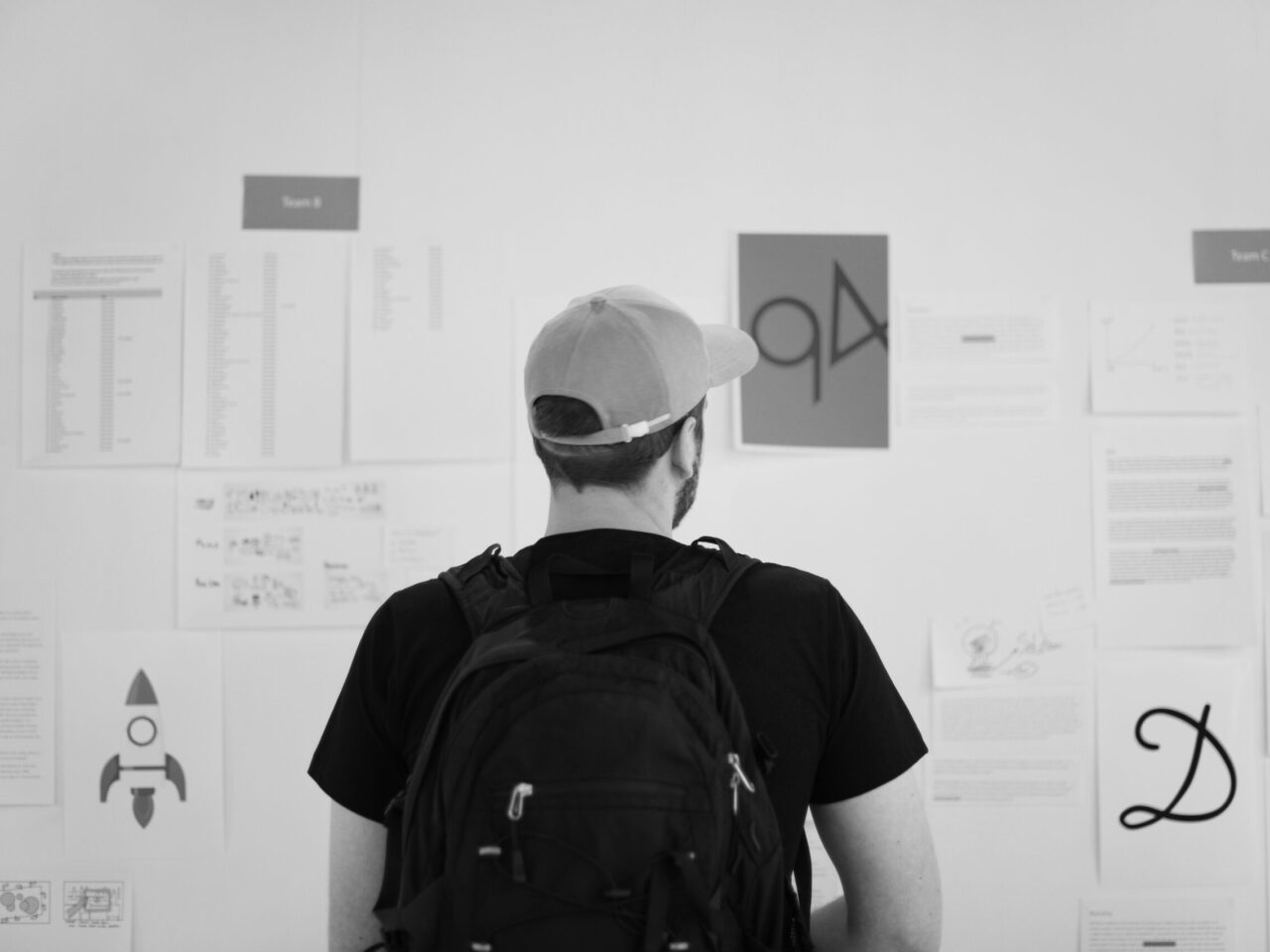The future belongs not to those who picked perfectly at 17, but to those who learned how to adapt, reinvent, and align their work with who they are becoming.
On a quiet afternoon in June, a high school senior stares at the blinking cursor on her laptop. The deadline for university applications is days away, and the question lingers on the form: What program do you want to study? She scrolls through endless lists. engineering, business, law, medicine. Each one feels like a door to a future she hasn’t yet imagined.
At 17, she feels she’s being asked to decide the rest of her life before she’s even figured out who she is.
She’s not alone. Every year, millions of teenagers around the world face the same crossroad. The pressure is immense: families want security, schools demand decisions, and peers seem so certain. But beneath it all lies a paradox. How can young people commit to a career path when their identity is still working in progress?
The weight of early decisions
Adolescence has always been a time of self-discovery, yet modern education systems push young people to choose earlier than ever. By the age of 16 or 17, students are asked to select study tracks that often determine the careers they will. or won’t have access to later.
This is where the tension lies. Psychologists argue that identity formation continues well into the early twenties. At 17, most people are still experimenting: discovering passions, testing boundaries, and negotiating values. The self they inhabit is more like wet clay than finished sculpture. Yet society insists on permanence, declare your major, choose your profession, stick with it.
For some, the choice feels like relief, a first step toward adulthood. For others, it feels like being locked in a room without seeing what’s down the hall.
Why identity exploration matters
Identity exploration is not a distraction from career planning. It’s the foundation of it. Think of it as building a compass. Without it, young people may drift into careers chosen by others. parents, culture, or circumstance. only to feel unfulfilled years later.
The most resilient professionals are often those who had the freedom to explore. They tried music before moving into finance. They volunteered in healthcare before switching to design. They asked questions not only about skills but about values:
- Do I want to lead or collaborate?
- Do I thrive in fast-paced environments or steady ones?
- What difference do I want my work to make?
By exploring these questions early, young people build a toolkit for navigating not just their first career, but the many careers they may have in a lifetime.
The hidden cost of skipping exploration
When identity is ignored in the rush toward a career, the cost can be high. Many students enter programs they dislike, suffer burnout, or spend years in fields that feel alien to them. Some push through out of obligation, only to pivot at 30 or 40 toward something that feels more authentic.
But it doesn’t have to be this way. The narrative that career choice is a one-time, irreversible decision is outdated. In reality, modern careers are winding, full of detours, re-skills, and reinventions. Exploration at 17 doesn’t delay success, it equips young people to embrace change.
The role of parents and mentors
Parents often ask the wrong question: “What do you want to be?” A better one might be: “What do you want to try?”
Mentors, teachers, and parents can play a powerful role in reframing the journey. Instead of pushing for certainty, they can encourage curiosity: internships, part-time jobs, volunteering, travel, or simply experimenting with different subjects. These experiences help young people see themselves in different lights, scientists, storytellers, entrepreneurs, activists, without being locked in a single path.
And when uncertainty comes. as it inevitably does it should be normalized. Not knowing at 17 is not failure; it’s human.
A Future built on flexibility
Today’s job market is unpredictable. Entire industries are born and die within a decade. Artificial Intelligence is reshaping roles at lightning speed. Careers are no longer ladders to climb, but winding paths to navigate.
In this landscape, identity exploration becomes even more critical. The future belongs not to those who picked perfectly at 17, but to those who learned how to adapt, reinvent, and align their work with who they are becoming.
At 17, the goal shouldn’t be to define a career forever. It should be to start a lifelong process of discovery.
Closing reflection
Maybe the real question isn’t “Who am I at 17?” but rather “Who am I becoming?”
The answer won’t fit neatly into a drop-down menu on a college application. It will unfold with every choice, every risk, every door open. And perhaps the strongest career foundation a young person can build is not certainty, but curiosity, the courage to explore, and the freedom to grow.

Comments (0)